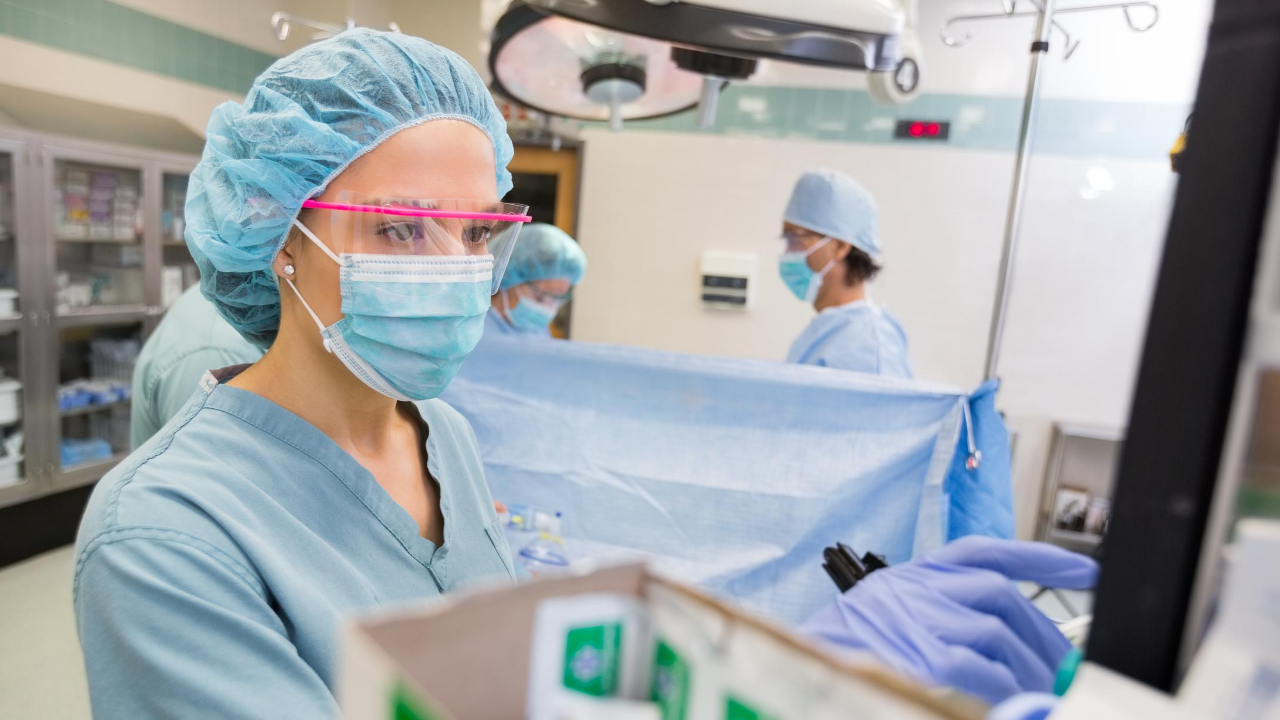
Certified Registered Nurse Anesthetists (CRNAs) are advanced practice registered nurses (APRNs) who administer anesthesia and other medications, and monitor patients who are receiving and recovering from anesthesia. While nurse anesthetists have been providing anesthesia care to patients in the United States for more than 150 years, the CRNA credential was created in 1956.
The education and training required to become a CRNA is extensive and in many ways is similar to that necessary for a physician anesthesiologist. Student registered nurse anesthetist (SRNA) undergo 7-8½ years of coursework and clinical hours – on average 9,400 hours – to attain a master’s or doctoral degree in nurse anesthesia. CRNAs must also pass a certification exam approved by the National Boards of Certification and Recertification of Nurse Anesthetists (NBCRNA).
CRNAs provide anesthetics to patients in every practice setting, and for every type of surgery or procedure. They are the sole anesthesia providers in nearly all rural hospitals, and the main provider of anesthesia to the men and women serving in the U.S. Armed Forces. According to a member profile survey completed by the American Association of Nurse Anesthetists (AANA) in 2019, CRNAs administer more than 49 million anesthetics to patients each year in the U.S.
The practice of anesthesia is a recognized specialty within the profession of nursing, and CRNAs practice with a high degree of autonomy and professional respect. As one of the first nursing specialty groups, CRNAs have a longstanding commitment to high standards in a demanding field. As independently licensed healthcare professionals, CRNAs are responsible and accountable for their practice.
CRNAs help ensure patient access to proven safe, high-quality, cost-effective anesthesia and related services, meeting the needs of countless healthcare facilities and the communities they serve across the country. The Bureau of Labor Statistics estimates a projected 26% job growth rate from 2018-2028 for CRNAs, which is much faster than the average for all occupations in the nation. Going forward, CRNAs will continue to be the answer to achieving a safer healthcare environment and more cost-efficient healthcare economy.